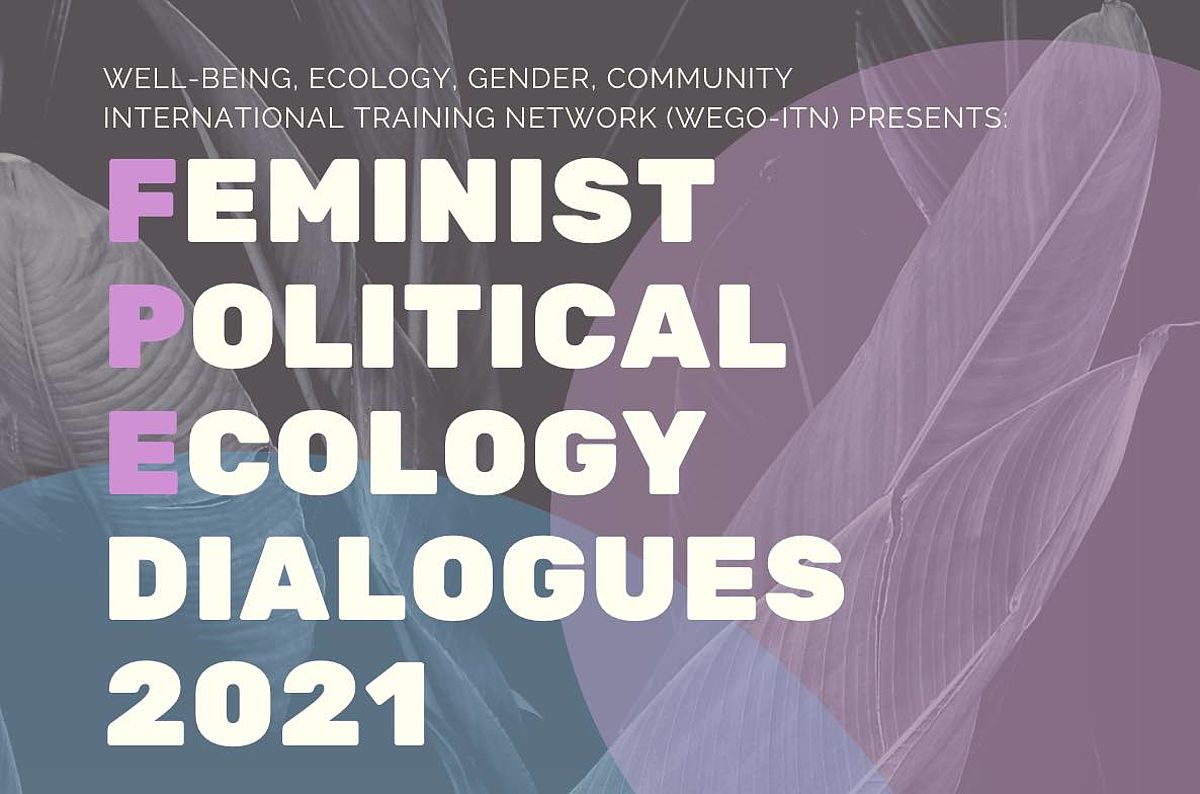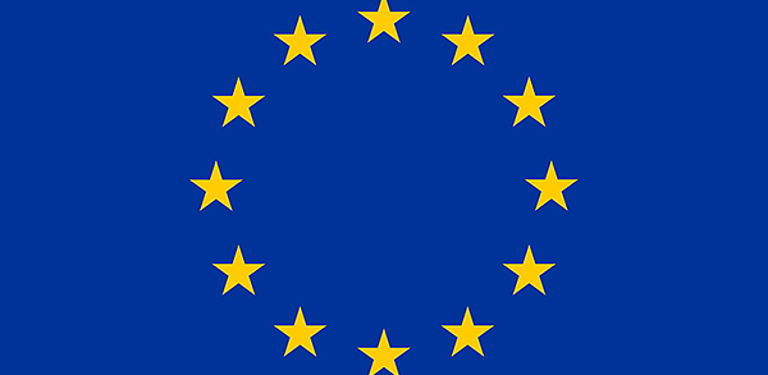Examining power relations in food production and agriculture
Register now: At the 'Feminist Political Ecology Dialogues on Re-thinking Food' on July 1st and 2nd, the WEGO-scholars around agricultural sociologist Professor Martina Padmanabhan are presenting an example from Passau of how alternative agriculture can succeed.
Playing the video will send your IP address to an external server.
About Rethinking Food Passau
Food is essential to sustaining relational webs of life. Difficult times around the world have only further demonstrated this interdependence and the need to think differently about food systems. To attend to the question of what constitutes alternative agriculture and food practices, and why it is important, the “Feminist Political Ecology Dialogues on Re-thinking Food” has been organized by the University of Passau. It is part of a series of events organized by WEGO-ITN. The two-day event will be held online on Zoom on the 1st and 2nd of July from 16:00 to 18:00 CEST (registration now open). Since this is an international event, translation from English into German and Indonesian Bahasa will be provided.
Food production and supply has changed dramatically over the past few decades, contributing to unjust processes of production and distribution of food around the world. The global food industry is also closely interrelated with climate change. In addition, the homogenising effects of factory farming and monocultures mean that regional suppliers find it increasingly difficult to participate in food markets. These inter-related concerns make the need for alternative forms of agriculture and food consumption ever more visceral. The aim of the FPE Dialogues is to share insights from ongoing research projects and engagements with alternative food and economic practices in Indonesia, India and Germany; with the hope to stimulate conversation about what constitutes “alternative” agriculture or food consumption and why it matters.
The first day will be co-hosted by the Southeast Asia Research Colloquium at the Chair of Comparative Development and Cultural Studies and the Sustainability Week, at Passau University. Oona Morrow, feminist geographer and Assistant Professor in Food Sociology at Wageningen University, the Netherlands, will give a lecture on the topic: “Careful circularity for an urban food commons?” This will be followed by an interactive discussion.
On the second day, insights from research carried out by WEGO scholars and scholars from the University of Passau will be presented. They will talk about food waste, organic agriculture and extractivism. This will be followed by further discussion on the challenges of inclusivity in alternatives, and collectively thinking through what alternatives mean in our daily lives. We look forward to a lively discussion and the exchange of new ideas and creative input.
Text: Anna-Maria Rothwinkler, Tara Meyer-Riekenberg and Maksym Pidleteichuk
European network "WEGO: Wellbeing, Ecology, Gender and cOmmunity"
Masculinised mining industry meets equal indigenous society: How does this affect gender and the power relations within the local community? The sociologist Professor Martina Padmanabhan and the Development Economist Professor Michael Grimm found a European network of excellence on Feminist Political Ecology that carefully examines gender relations in the responses to environmental challenges.






